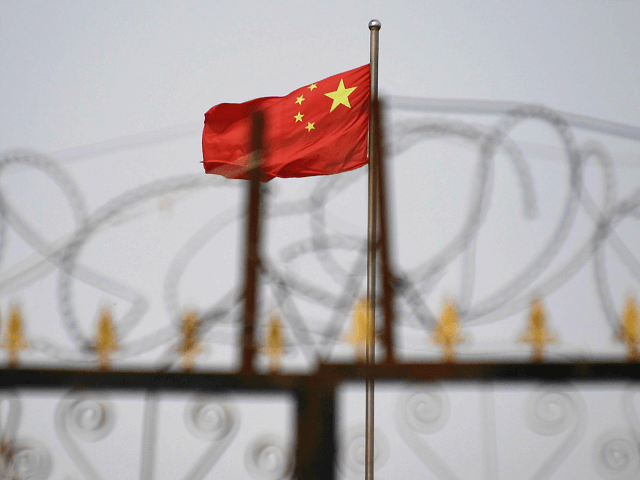The FBI announced on Thursday that it has arrested Dr. Qing Wang, a longtime employee of the famed Cleveland Clinic, on charges of fraud for accepting grants from the National Institutes of Health (NIH) without disclosing that he was simultaneously working for a Chinese university.
“This is not a case of simple omission. Dr. Wang deliberately failed to disclose his Chinese grants and foreign positions and even engaged in a pervasive pattern of fraud to avoid criminal culpability,” said Eric B. Smith, FBI Special Agent in Charge (SAC) of the Cleveland office.
“As alleged in the complaint, this defendant misled the National Institutes of Health about support he received and research he conducted in the People’s Republic of China,” said Justin Herdman, U.S. Attorney for the Northern District of Ohio. “Federal law enforcement remains vigilant to fraudulent claims for grant support from any researcher who fails to disclose support from foreign governments and competing research interests in other countries.”
Robert R. Wells, Acting Assistant Director of the FBI Counterintelligence Division, made the espionage connection, saying, “As this case demonstrates, Chinese government-supported talent plans continue to encourage people, regardless of nationality, to commit crimes, such as fraud to obtain U.S. taxpayer-funded research.”
Wells was referring to China’s Thousand Talents Program, a Chinese Communist Party (CCP) initiative to recruit promising foreign academics who can give Communist China access to the best science and technology developed by free nations. The Thousand Talents Program is under aggressive investigation by the FBI and Congress. The FBI has described the program as “nontraditional espionage.”
Dr. Wang was born in China but has been a naturalized U.S. citizen since 2005. He has been associated with the Thousand Talents Program since 2008. A specialist in genetics, neurology, and cardiovascular disease, he was affiliated with Cleveland Clinic from 1997, until the clinic fired him for failing to disclose his Chinese connections.
“Cleveland Clinic has cooperated fully with the NIH and with federal law enforcement as they conducted their own investigations into these same subjects and will continue to do so,” the clinic said in a statement quoted by Reuters on Thursday.
According to the FBI criminal complaint against Wang, he received about $3.6 million in grants from NIH without disclosing that he also held the position of dean at the College of Life Sciences and Technology at Huazhong University of Science and Technology (HUST) in China. Some of the grants Wang obtained from NIH were for the same research he was conducting at HUST, with funding from Communist China’s Natural Science Foundation (CNSF).
Furthermore, as a result of Wang’s alleged membership in the Thousand Talents Program, the Chinese government provided $3 million in support for his operations at HUST, along with free travel and lodging during his trips to China, including the use of a three-bedroom apartment on the HUST campus.
Prosecutors charged that Wang’s failure to disclose his activities at HUST, an omission he made every year between 2014 and 2017, was a violation of the terms of the grants he received from NIH. The FBI also challenged Wang’s denials of receiving money from the Thousand Talents Program.
Sen. Rob Portman (R-OH), chair of the Senate Permanent Subcommittee on Investigations, applauded the FBI investigation on Thursday, along with other recent actions against academics affiliated with American universities who failed to disclose their ties to Thousand Talents and other Chinese Communist programs.
“I’m pleased that our committee investigation and resulting report last year has spurred additional action by federal law enforcement to hold China accountable. For too long, China has exploited the lack of transparency in our education system to steal our taxpayer-funded research and innovation and the federal government has done little or nothing to stop it,” said Portman, who pledged to introduce legislation to “safeguard American innovation” and hold foreign powers such as China accountable for efforts to steal it.

COMMENTS
Please let us know if you're having issues with commenting.